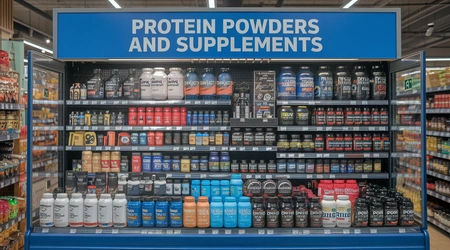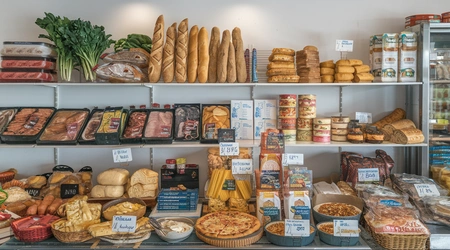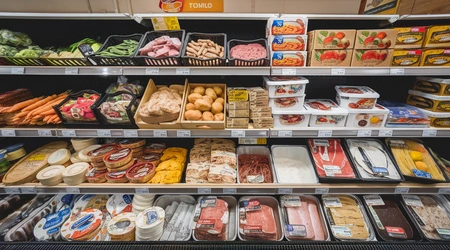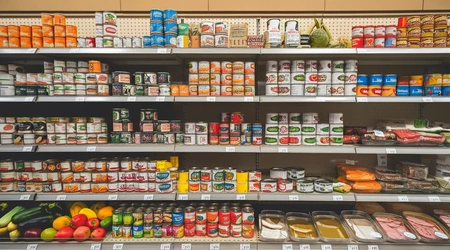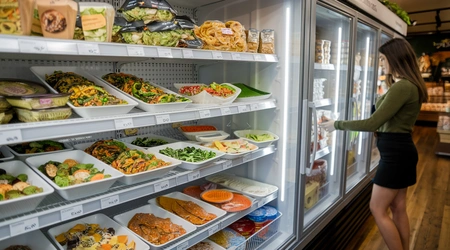
Ready-made and semi-prepared foods have become staples in modern lifestyles, offering quick and convenient solutions for busy individuals. These foods range from fully cooked meals requiring minimal heating to partially prepared ingredients that simplify home cooking. Popular examples include frozen entrees, pre-washed salad mixes, marinated meats, and boxed meal kits. While they save time and reduce meal preparation effort, it’s essential to assess their nutritional value and ingredient quality.
One of the main concerns with ready-made foods is their often high content of sodium, saturated fats, and added sugars, which can contribute to health issues such as hypertension, heart disease, and obesity when consumed excessively. Many also contain preservatives, artificial flavors, and colorings to enhance shelf life and appeal. Opting for products with cleaner labels, minimal additives, and lower sodium levels can help mitigate these risks. Semi-prepared options, like pre-chopped vegetables or spice blends, generally offer better control over nutritional content since the final cooking is done at home.
For health-conscious consumers, balancing convenience with nutrition is key. Supplementing ready-made meals with fresh fruits, vegetables, and whole grains can improve their nutritional profile. Reading labels and choosing options with fewer additives and lower calorie counts can make these foods a more healthful part of the diet. With thoughtful choices, ready-made and semi-prepared foods can be a practical addition to modern meal planning without compromising on health and well-being.
